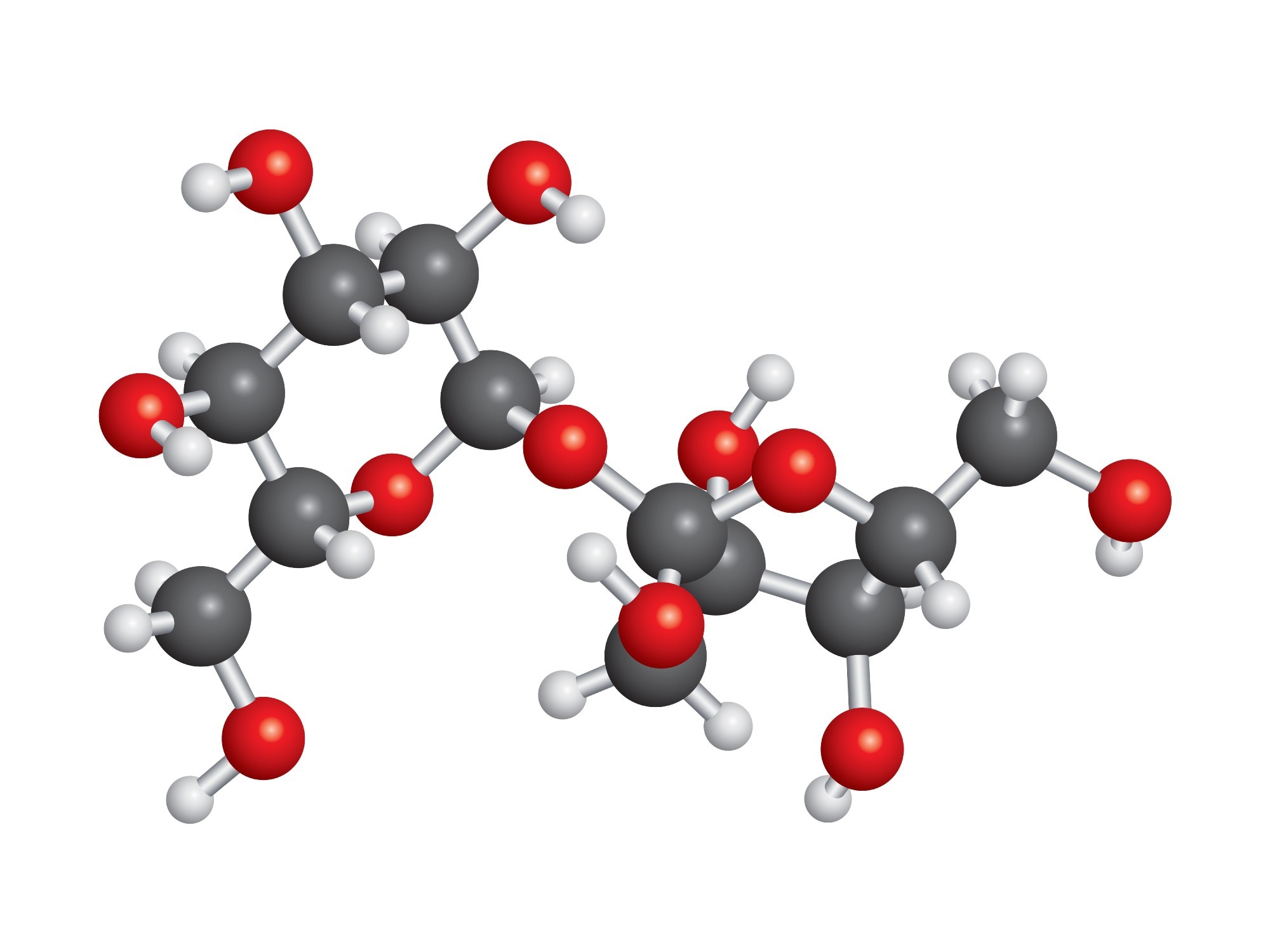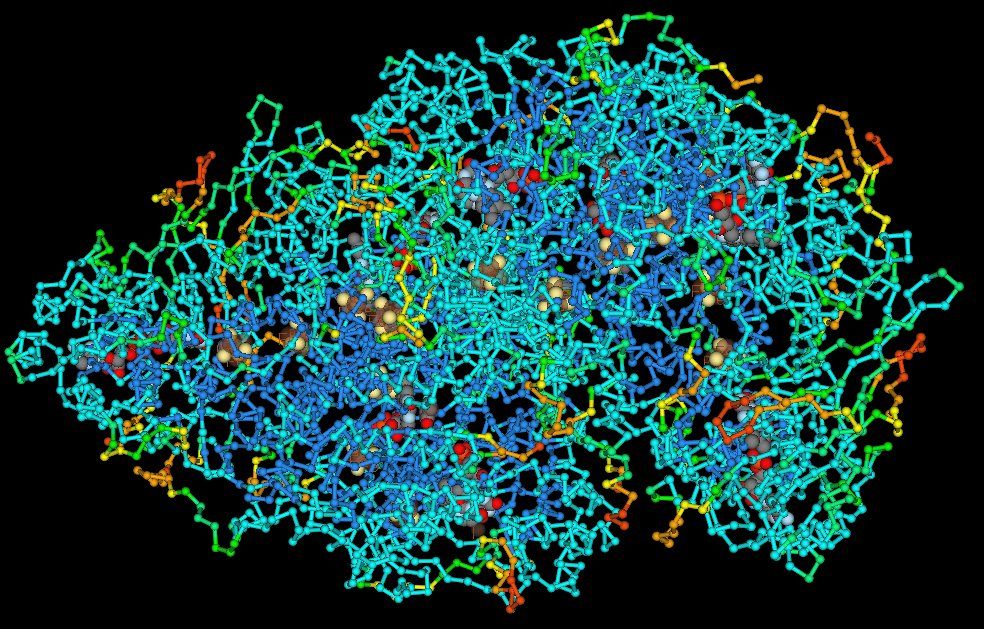Recycling Polymers: Advertising a Circular Economic Situation
Recycling Polymers: Advertising a Circular Economic Situation
Blog Article
Exploring the Varied Applications and Benefits of Polymers in Different Industries
Polymers, with their diverse variety of properties and performances, have come to be vital in different markets, each gaining special gain from their application. Polymers. From boosting safety and security and performance in the automotive industry to transforming clinical devices in the health care market, polymers play a crucial function. Their eco-friendly nature is altering the landscape of sustainability practices. As we dive into the midsts of polymers in electronic devices, we reveal innovative innovations, while their structural stability transforms the world of building and infrastructure. The prevalent impact of polymers throughout markets is a testimony to their convenience and flexibility, forming the future of many markets.
Automotive Industry Applications
Polymers play a critical duty in boosting the performance and longevity of various components within the auto field. These functional materials are thoroughly used in the manufacturing of different parts, varying from interior parts to under-the-hood applications. One popular use polymers in the automobile sector is in the production of light-weight elements. By changing traditional metal components with polymer-based choices, automobiles can attain improved fuel performance without compromising on strength or security.

Healthcare Sector Advantages
In numerous medical care applications, the benefits of utilizing polymers are commonly recognized for their varied variety of useful buildings. Polymers play a vital function in the health care industry as a result of their versatility, biocompatibility, and cost-effectiveness. One of the main benefits of polymers in healthcare is their capacity to be customized to specific demands, such as flexibility, toughness, and biodegradability, making them optimal for a wide variety of clinical applications.
Polymer-based materials are extensively utilized in medical gadgets, such as catheters, implants, prosthetics, and drug delivery systems, as a result of their biocompatibility and capability to imitate natural tissues. These products can minimize the risk of allergies or denials, improving client safety and end results. Furthermore, polymers are lightweight, making them suitable for wearable clinical gadgets and guaranteeing patient convenience.
In addition, polymers allow the development of ingenious treatment techniques, such as hydrogels for cells engineering and nanocomposites for targeted medicine delivery. Their simplicity of processing and sanitation makes them important for keeping high standards of health in healthcare settings. Generally, the diverse advantages of polymers add dramatically to developments in medical innovation and person care.
Ecological Advantages of Polymers

Moreover, polymers can add to power financial savings due to their lightweight nature. In industries such as transportation, light-weight polymer products can aid lower gas consumption and greenhouse gas emissions. Additionally, polymers can allow the advancement of energy-efficient items such as insulation products that enhance power preservation in structures.
In addition, polymers play an important function in decreasing water contamination. The use of polymer-based filtration systems can properly get rid of toxins and pollutants from wastewater, protecting water sources and ecological communities. Overall, the ecological benefits of polymers make them useful properties in advertising sustainability and eco-friendly techniques across different sectors.
Polymers in Electronics and Modern Technology
Taking into consideration the boosting demand for innovative and sustainable options helpful resources in contemporary industries, the you can find out more assimilation of advanced polymer modern technologies in the world of electronics and modern technology has emerged as a crucial method for driving efficiency and efficiency. Polymers have changed the electronics sector by allowing the manufacturing of lighter, a lot more flexible, and long lasting electronic tools. From smartphones to clinical devices, polymers play an essential duty in enhancing item design and performance.
One significant advantage of polymers in electronic devices is their insulating residential or commercial properties, which help secure fragile electronic elements from ecological elements and electric interference. Furthermore, polymers are crucial in the advancement of adaptable screens, wearable modern technology, and published electronic devices, offering countless possibilities for producing wise and interconnected gadgets.
Furthermore, using polymers in digital product packaging has actually brought about improvements in miniaturization and thermal administration, enhancing the overall performance and reliability of digital systems. As technology continues to progress, the convenience and adaptability of polymers will definitely drive better innovation in the electronics industry, shaping the future of innovation.
Function of Polymers in Building and Facilities
Polymers provide various advantages in the building and construction market due to their flexibility, sturdiness, and cost-effectiveness. One essential role of polymers in building and construction is their usage in finishes and sealants, providing defense versus environmental aspects such as wetness, UV radiation, and rust.
Furthermore, polymers play a vital function in sustainable construction techniques by enabling the advancement of energy-efficient structures. Insulating materials made from polymers assist regulate indoor temperatures, decreasing the requirement for heating and cooling down systems and eventually decreasing energy usage. The use of polymer-based compounds in facilities projects such as bridges and roadways enhances their longevity and lowers upkeep costs. On the whole, the unification of polymers in building and construction and infrastructure displays their significant influence on modern engineering methods.
Conclusion
In final thought, polymers play an essential function in different markets such as auto, health care, environmental, electronics, and building and construction. Their versatile residential properties make them useful in creating cutting-edge services and products. From enhancing fuel performance in automobiles to improving medical gadgets, polymers provide various benefits. Additionally, their influence on lowering waste and advertising sustainability highlights their relevance in modern-day applications. The prevalent usage of polymers demonstrates their substantial payment to progressing modern technology and enhancing high quality of life. he has a good point
Report this page